Imagine stepping into your home, and the lights automatically illuminate your path. Picture your coffee brewing before you even rise from bed. With just a voice command, the temperature adjusts to your preferred setting.
This isn’t merely a concept from a futuristic film; modern smart technology integrates effortlessly into our daily lives, enhancing convenience, comfort, and security in our homes.
However, the perception that smart homes require a significant financial investment is often misleading. While some advanced systems can be quite pricey, creating a smart home on a budget is entirely possible. Here are some effective strategies to transform your living space into a tech-friendly environment without overspending:
1. Begin with Small Steps
You don’t have to revamp your entire home at once. Start by identifying specific areas where smart technology can significantly improve your daily routine. For example, if you frequently forget to switch off the lights, consider investing in smart bulbs. These affordable devices can automate lighting and sync with voice assistants for effortless control.
2. Explore Lesser-Known Brands
While major tech companies dominate the smart home market, many budget-friendly alternatives offer similar features. Check online marketplaces for smart plugs, sensors, and other gadgets that fit your requirements and budget. Reading customer reviews can help you make informed decisions.
3. Consider DIY Solutions
If you’re tech-savvy, think about DIY smart home projects. Various kits are available that allow you to create your own smart switches or sensors. Although this approach requires some technical knowledge, it can be a fulfilling way to build a tailored smart home experience at a lower cost.
4. Make Use of Existing Devices
Before investing in new gadgets, look around your home. Can you upgrade any of your current devices to smart versions? For instance, older TVs can often be transformed into smart TVs with affordable streaming devices like Chromecast or Fire Stick.
5. Get Creative with Automation
Utilize existing technology to introduce automation into your home. Smart plugs can control lamps or coffee makers, providing basic automation without the need for expensive smart appliances.
6. Take Advantage of Free Apps
Numerous free smartphone applications can enhance your home’s smart capabilities, often without needing extra hardware. For example, sleep cycle tracking apps can simulate sunrise and sunset, while weather apps can adjust your thermostat based on forecasts.
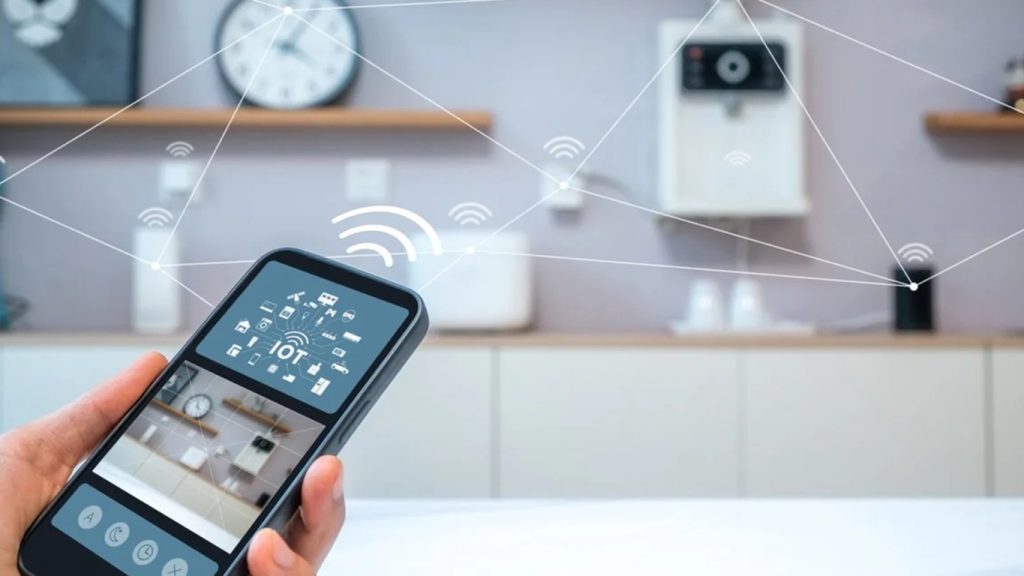
7. Investigate Open-Source Solutions
The open-source community offers numerous opportunities for budget-conscious smart home enthusiasts. Platforms like Home Assistant allow you to integrate devices from various brands under a single system, bypassing the need for costly proprietary solutions.
8. Prioritize Security
While budget is important, never compromise on security. Research potential smart home devices to ensure they employ robust encryption and receive regular security updates, safeguarding your data and privacy.
9. Look into Subscription Services
Certain subscription services provide smart home features, such as cloud storage for security camera footage or expanded voice assistant capabilities. Assess the costs and benefits of these services before committing to ensure they provide good value.
10. Take Your Time
Building a smart home on a budget is a gradual process. Take your time to explore different options and focus on features that align with your needs. New, affordable smart products are frequently introduced, allowing you to enhance your home incrementally.
By implementing these strategies, you can create a smart home that enhances your lifestyle without straining your finances. A smart home is not just about the latest technology; it’s about using innovation to improve your comfort, convenience, and security in a way that suits your budget and lifestyle.


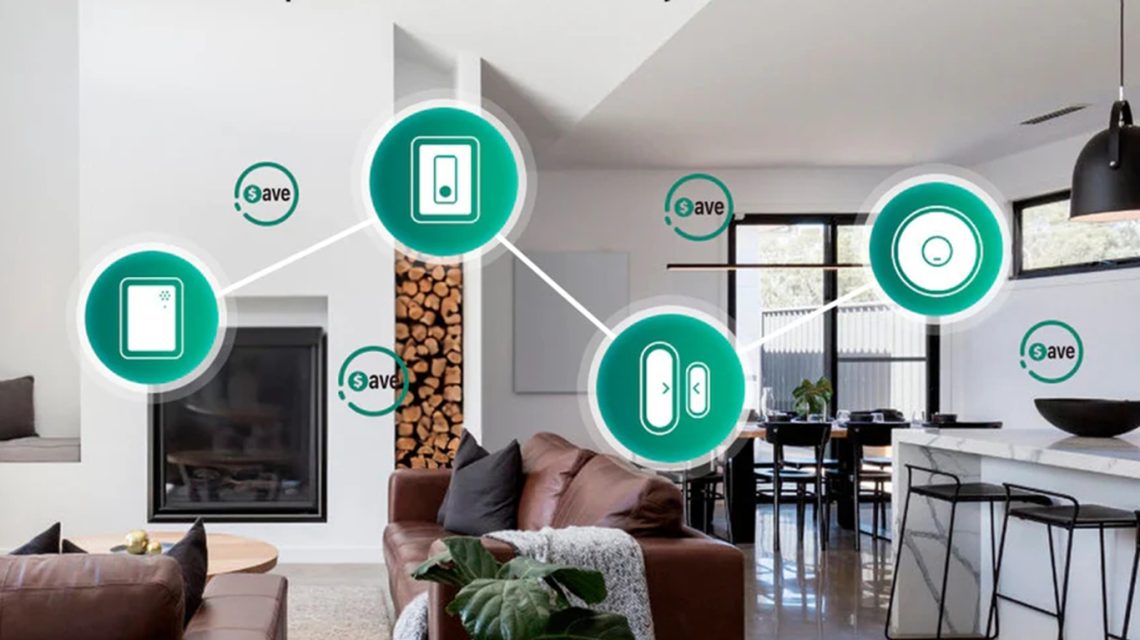
 The Top 5 Advantages of Smart Home Lighting
The Top 5 Advantages of Smart Home Lighting 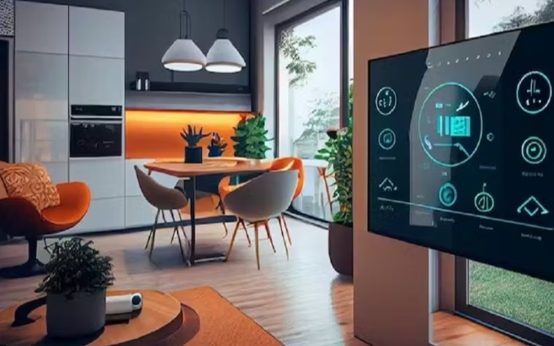 Budget-Friendly Smart Home Devices for a Modern Lifestyle
Budget-Friendly Smart Home Devices for a Modern Lifestyle 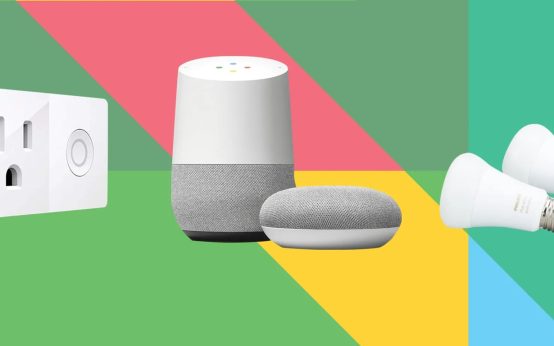 Essential Budget-Friendly Smart Home Devices
Essential Budget-Friendly Smart Home Devices 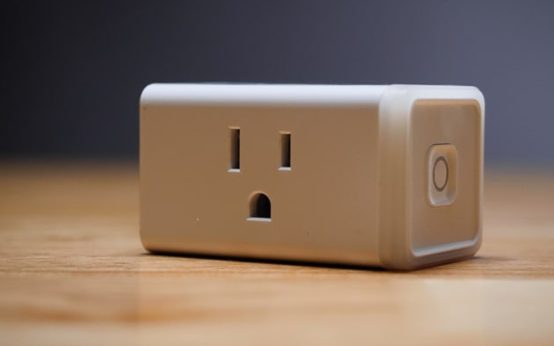 Top Affordable Smart Home Devices Under $50
Top Affordable Smart Home Devices Under $50